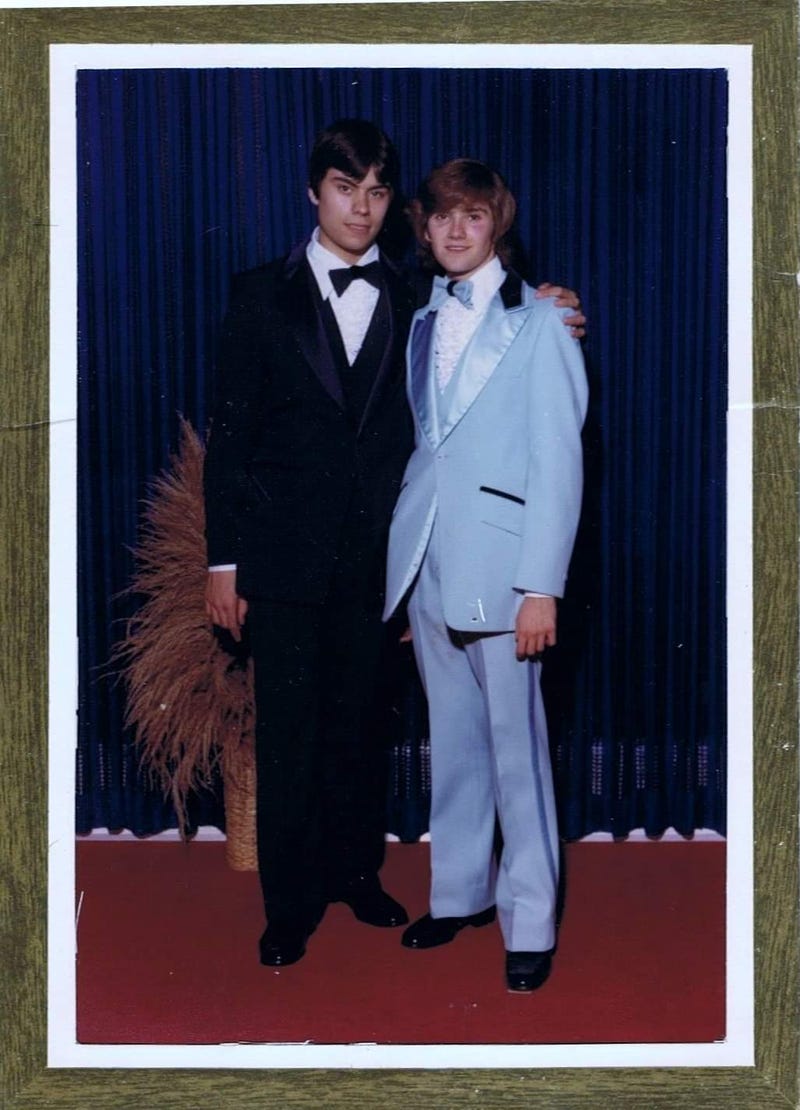
For most teenagers, getting ready for prom means picking out a tuxedo and renting a limo, for Aaron Fricke it meant hiring a good lawyer.
In 1980, Fricke was a senior at Cumberland High School in Rhode Island. He didn’t talk to many people and had no plans of attending prom.
“I didn’t want to go to any social gatherings at school,” Fricke told 1010 WINS. “There was no way. You couldn’t drag me to one.”
However, that mindset changed when his friend Paul, who was also a member of the LGBTQ community, was ostracized by the school and community for trying to attend the junior prom the previous year.
“The teachers were making jokes about Paul in class, or at least one specific teacher was making a lot of jokes. Then the principal at an assembly senior year was saying we won’t have the problem that we had last year. Specifically referring to Paul.”
That assembly triggered something in Aaron. He took his fight directly to the school. Aaron’s request to attend the prom with Paul was denied by Principal Richard Lynch. His request was then forwarded up the ladder of the school system.
“I received a letter from the superintendent saying that they were barring us from going because they were concerned about all students well-being, and that we were going to cause a riot ... They said no."
In the case of Aaron Fricke v. Richard B. Lynch, GLAD (Gay and Lesbian Legal Advocates and Defenders) founder John Ward would argue that in not allowing Aaron to bring a male date to his prom, the high school violated his First Amendment rights of association and free speech. They would also contest that Aaron’s Fourteenth Amendment right to equal protection of the laws was also being violated.
It took just three weeks for the court to issue its ruling in favor of Aaron.
“Judge Pettine said that the first amendment does not tolerate mob rule by unruly school children which was the way he phrased it, which was so perfect,” Fricke said. “And that also he was saying this is the exact kind of speech that the first amendment was written for.”
The decision was a major victory for LGBTQ rights, and one that gained national attention and support. At the time, Aaron used to worry about his biggest moment in life coming so early, but now he couldn’t be more proud.
“Back then I thought to myself, how am I going to feel if this is the biggest thing I’ve ever done in my life…And now, it’s a first amendment victory and I have no problem it’s the number one thing I’ve ever done in my life.”
